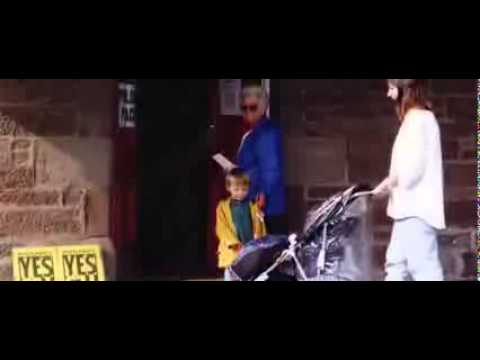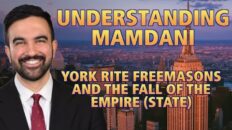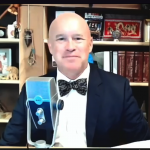The Scots have bristled for decades, while the wealth from petroleum produces some 80% of the UK’s kitty, taken from the proceeds of the North Sea oil drilling platforms and mostly distributed to the far more populous region of the UK to the South; namely England – and that, for all that their resources which they contribute to the United Kingdom’s economy, that their country has very poor representation in the UK, even if the some recent UK Prime Ministers have been of Scottish heritage. (The UK version of an Obama turn?).
‘Scotland Yet’ asks what it means to be Scottish, using personal stories to explain the current push for Scottish independence from the United Kingdom. Crowd-funded in large part by members of the separatist movement, the film spends little time arguing against Scottish independence while educating viewers on the reasoning behind the grassroots campaign to diverge from the larger UK.
As estimated by numerous polls, the Scottish separatist movement is supported by only 29-32% of the Scottish people. I have a Scottish subscriber, who served “for the Queen” in the Royal British Army and who will pull up sticks and move to England, should the separatist succeed.
In this film, variety of working class activists indulge the audience in tales of Scottish pride, with novelist and playwright Alan Bissett considering the different types of “Scottishness” – something that may be synonymous with belligerence, progressive values, and an eagerness to identify as “the underdog.”
Cat Boyd, a spirited young woman and member of political group Radical Independence, believes an independent Scotland would be in the best interest of representing working class voices. It is this value of working class representation that is prominent throughout the film.
Interview subjects indicate Margaret Thatcher disenfranchised the working class during her time as Prime Minister; however, though many had high hopes for a subsequent Labour Party win in the form of Tony Blair was widely felt to be a letdown, in its failure to pursue traditional Labour values, most notably that of social justice.
The primary voice of dissent in the film comes from George Galloway, who claims that an independent Scotland would hurt England by permitting a never-ending reign of conservative government. Ms. Boyd counters that it is up to England to vote for the government they wish to have, and that the Scottish have no obligation to help balance England’s political scales.
She takes care to emphasize that the desire for an independent Scotland does not come from any anti-Anglican sentiment, and, in fact, many English nationals are supportive of an independent Scotland.
From folk singers, authors, painters, and journalists, the majority of those interviewed here make the argument that people need to be put first beyond politics and systems.
The subjects who share their stories are presented as rational, relatable people who simply want a government that will benefit the greater whole of their country after years of feeling let down by the current system.
Obviously, I find this film and the 21st century attitudes of the Scots to be amusing, as I grew up hearing legends about how, 700 years ago, my family was heavily involved in winning Scottish Independence from England.
So I dedicate this film to my father, Roger Bruce, who passed away two weeks ago and did not get to see if the Scots of today would choose to be free, in this day and age.










Add comment